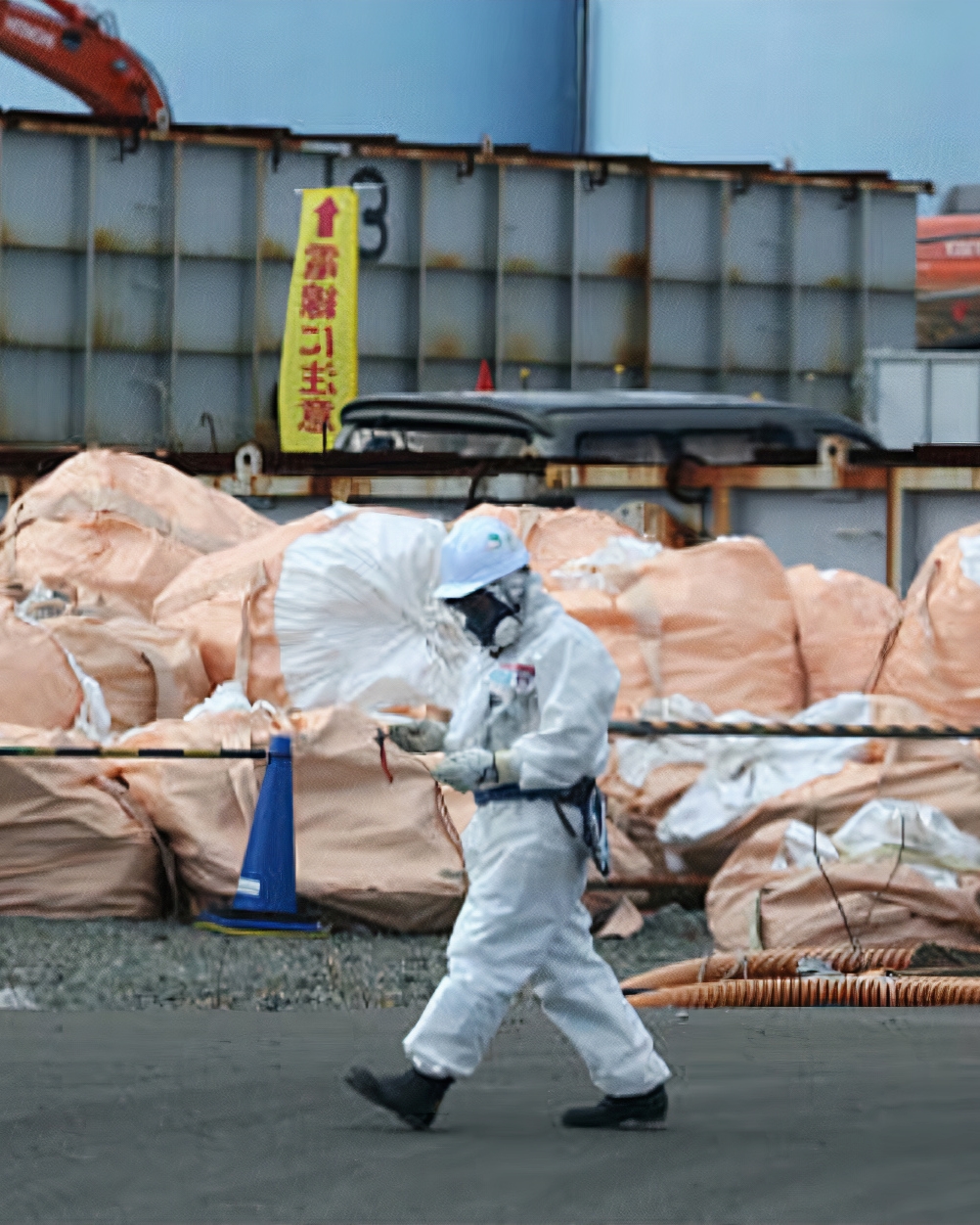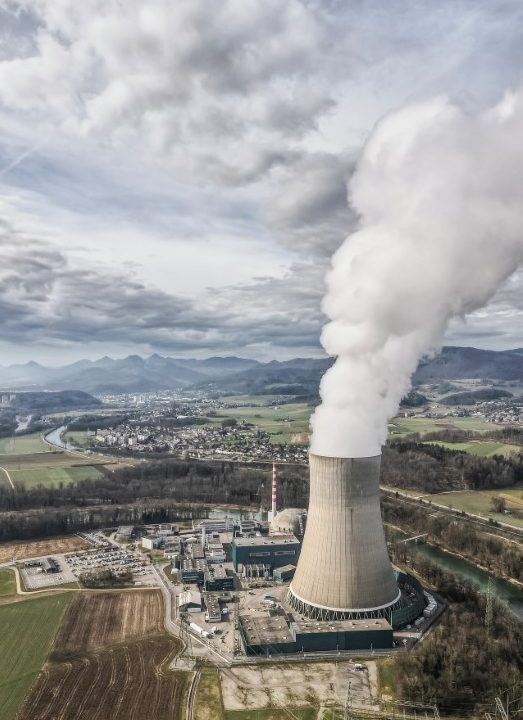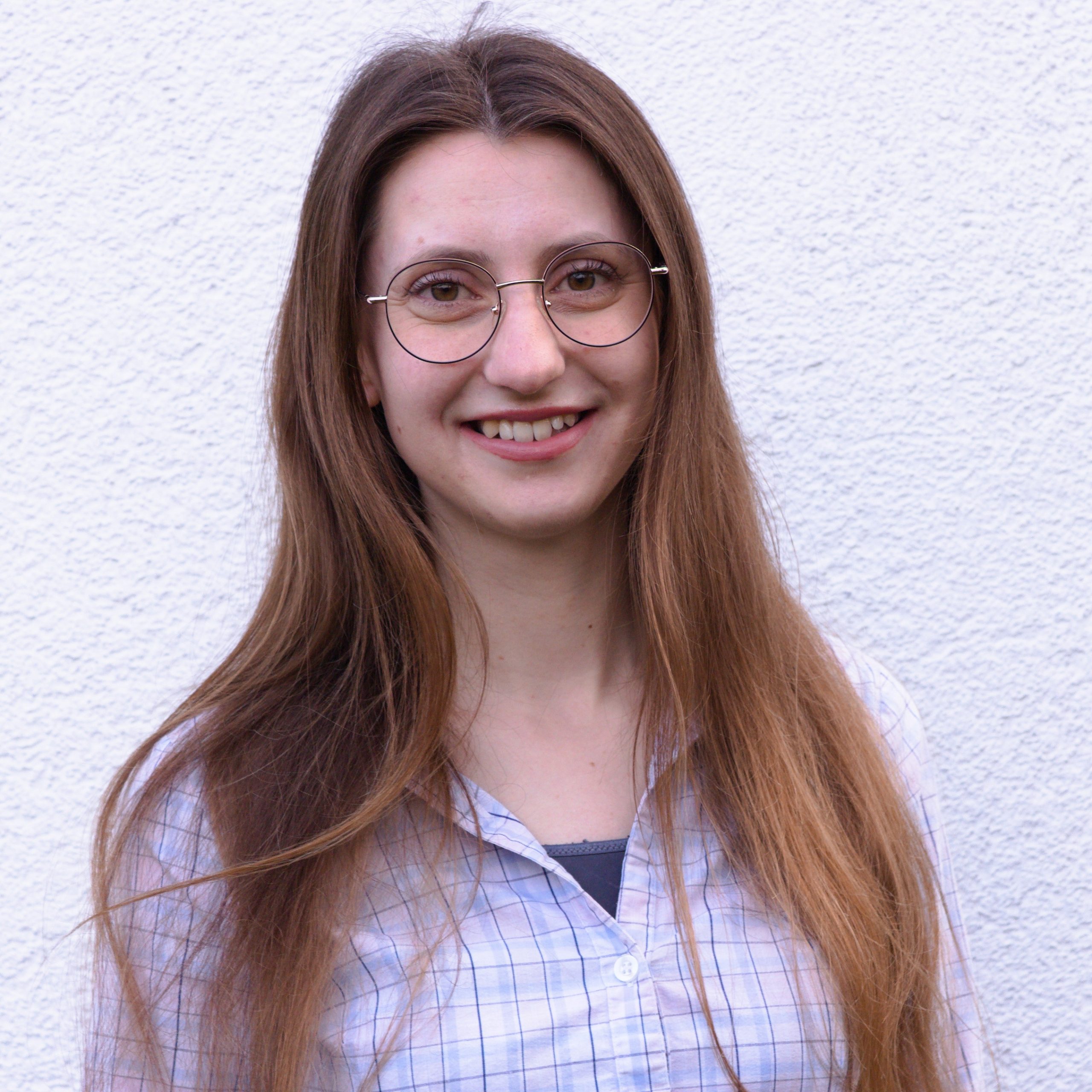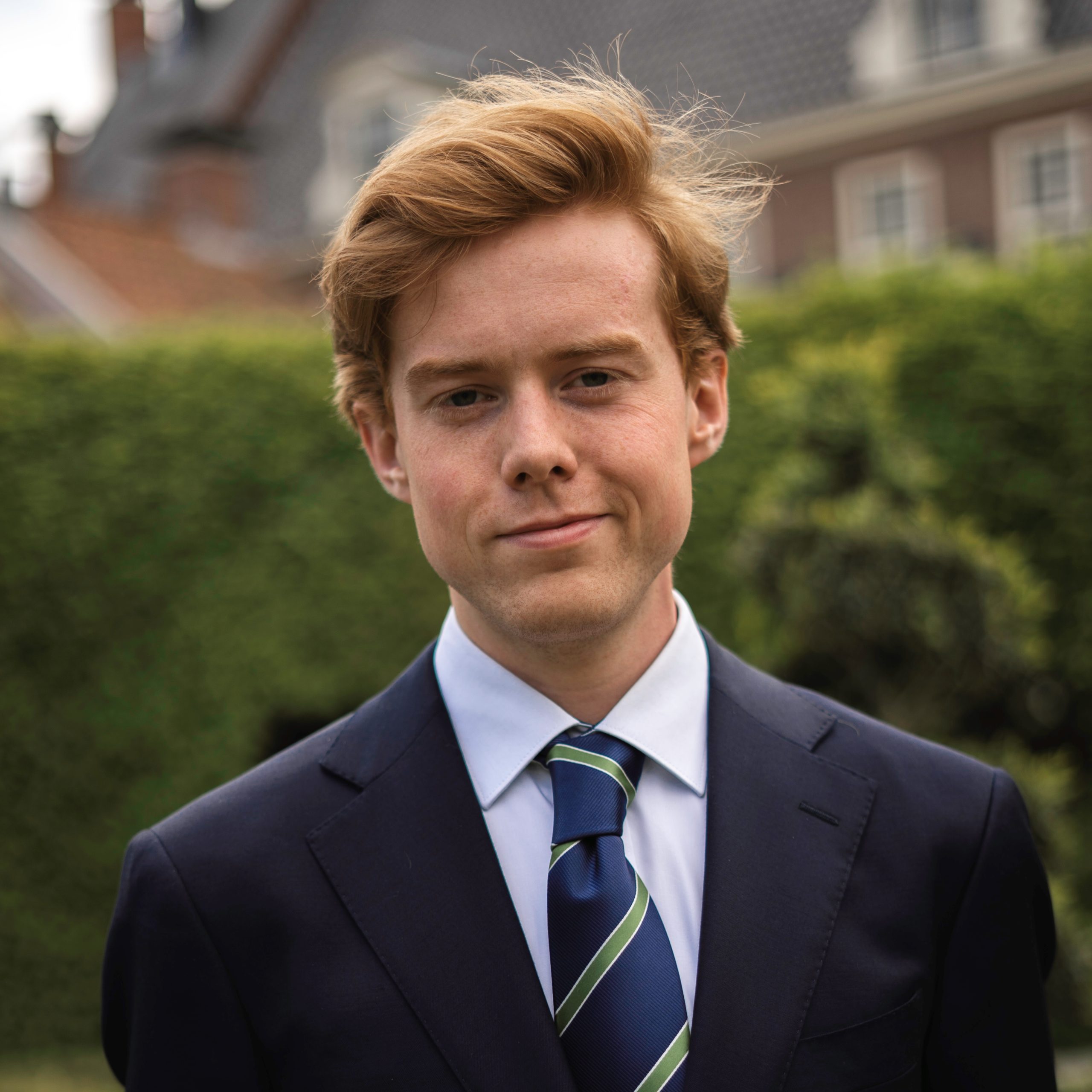On IAEA’s Agenda:
Addressing Radioactive Waste and Spent Fuel Management for Sustainable Environmental and Social Protection
The world is facing a fast growth in nuclear technology as many countries are taking advantage of it to generate electricity, treatment in medicine, inspect the quality of industrial products, and other beneficial uses. Due to this, a significant amount of waste is created polluting the world with various forms and different levels of radioactive materials. Without proper disposal, the waste could heavily impact the surrounding environment, damaging it and exposing people to health complications. With different countries having different methods of disposal, this raises concerns in the international community. Should there be a standardised framework on radioactive waste management?
Another impact caused by the growing demand for nuclear technology is spent fuel management. Spent fuel is generated by States which are conducting nuclear research and operating nuclear power plants. As demand for nuclear applications rises, the spent fuel management has to be reviewed to maintain development sustainability. At the European International Model United Nations 2022, the IAEA Council is expected to explore the realm of legal, management, accountability issues, and push for a resolution to the aforementioned problems.
On IAEA’s Agenda:
Development of Nuclear Power and Technology as an Alternative Solution to the Energy Supply Crisis and as a Strategy to Mitigate Climate Change
For the past century the world has been fascinated by nuclear technology, as an alternative to traditional forms of energy production and as a key ingredient in weapons of mass destruction. Thankfully, we seem to be moving away from the more destructive side of nuclear technology, and since the end of the Cold War the sole focus of nuclear scientists has been to tackle the world’s dependence on fossil fuels. In the past 10 years, landmark legislation and agreements have been passed at both the national and international level outlining the very present danger that we as a civilization face if we do not curb the effects of climate change, and the international consensus seems to be that nuclear technology will take part in this revolution.
Despite a near-global agreement that climate change needs to be addressed, and that countries need to make rapid changes to the means by which they generate energy, skeptics of nuclear technology point to historical disasters as evidence of the technology’s incompatibility with the modern world. And this issue has become a tough needle to thread. At this year’s European International Model United Nations conference, the IAEA will discuss the need for a technological revolution when it comes to energy production, and what role nuclear power will play in that future.
Meet Your Chair:
Annika Würfel
Hello there! My name is Annika and I will be one of the chairs at the IAEA, which I am very much looking forward to, as this will be my first-time chairing. Currently, I am doing a Master degree in Political Science at the University of Bielefeld. Aside from my studies, I worked for the German Corporation for International Cooperation and a few non-profit organisations in Latin America.
University is the place where I found my passion for MUN combined with my interests in International Relations and global challenges like the climate crisis. For two years now, I have been doing MUN as a delegate. Now, it is time for a little change. I am excited to meet you all and give us an unforgettable time at TEIMUN 2022.
Fun Fact: I bought an E-Piano without any experience in playing it. For the first song to learn, I picked the song “Kiss the Rain” from the famous pianist Yiruma.
Meet Your Chair:
Jan Willem Leeuwma
As the chair of the IAEA council I would like to introduce myself. I am Jan Willem, a history student from the University of Groningen and an active participant in the extracurricular activities next to the study. I am active in University level and national politics. With that, I developed the love of debating and negotiating.
Being active in the MUN societies started not long ago. It started with an invite to the local GrunnMUN conference where I was immediately hooked and joined. Sadly COVID-19 ruined a lot of the experiences, but chairing one of the most amazing councils in a physical setting again is reinvigorating.
Even when I am not actively participating in the political or debating arena, I love to keep track of all things politics. You could say I have made it a hobby of mine. Next to that I love to cook and be creative in the kitchen.
Fun Fact: I like baking my own bread.



